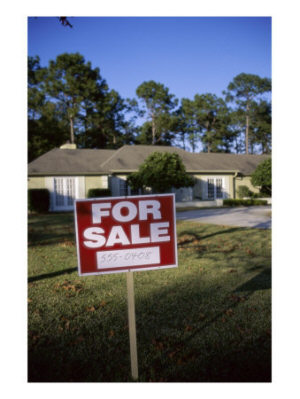Bay City Area, Nation's Most Affordable Housing Market, Getting Better
Average Price Reduction About 6 Percent, Some Ranging Up to $20,000
March 30, 2008
By: Dave Rogers

In the past two weeks 100 Bay City area homes and properties have had price reductions.
In the past two weeks 100 Bay City area homes and properties have had price reductions.
While that may be bad news for sellers, it's good news for buyers.
Bay City already is one of the most affordable housing markets in the nation (second in 2006) and further price reductions are only frosting on the cake, at least for buyers.
A total of 1,101 residential listings are currently on the books in the Bay City area, and 50 new ones were added last week.
Price reductions recorded in the past two weeks averaged 6 percent of the sale price and ranged from $500 to $20,000.
A Bay City Realtor has a listing on a 12-unit apartment building in Bridgeport that was reduced by $104,000 last week, from $239,000 to $135,000.
The biggest residential reduction was on a Jones Road property in Hampton Township that was slashed from $220,000 to $199,900.
Aggregate reductions totaled about $750,000, or an average of $7,500 per property reduced. Based on average price of $120,000, the average reduction would be just over 6 percent.
Owners obviously are cutting the price of their homes because they are motivated to sell, have already found another house or are in the process of moving and don't want to be stuck with a vacant house.
The nationwide housing market crisis has plunged to the point where about 70 percent of homeowners "upside down," according to experts, meaning they owe more on their mortgages than their homes are worth.
President Bush is considering a new approach to help people who owe more on their mortgages than their houses are worth. The White House is weighing Democratic proposals, but the administration says it does not want to reward borrowers, speculators and lenders for taking risks.
A CNN business panel over the weekend predicted that the current recession could last well into 2010. One panelist said flatly that the housing market is in depression. "People should not be using houses as personal piggy banks," said a panelist.
"If you lose your house, it's a recession; if I lose my house, it's a depression," she commented.
Michigan economic officials in January stated the obvious: "a flattening or an outright decline in home prices would slow economic growth. Further, if a national housing bubble does exist and it bursts during the forecast horizon, there is a chance that the U.S. economy could slow severely. Coupled with other risks materializing, such as sharply higher oil prices and a rapidly declining dollar, a collapsing housing market could send the U.S. economy into a recession."
No doubt those factors have come to pass in a short two months since the forecast was made. Geopolitical factors remain a forecast risk, say the state economists.